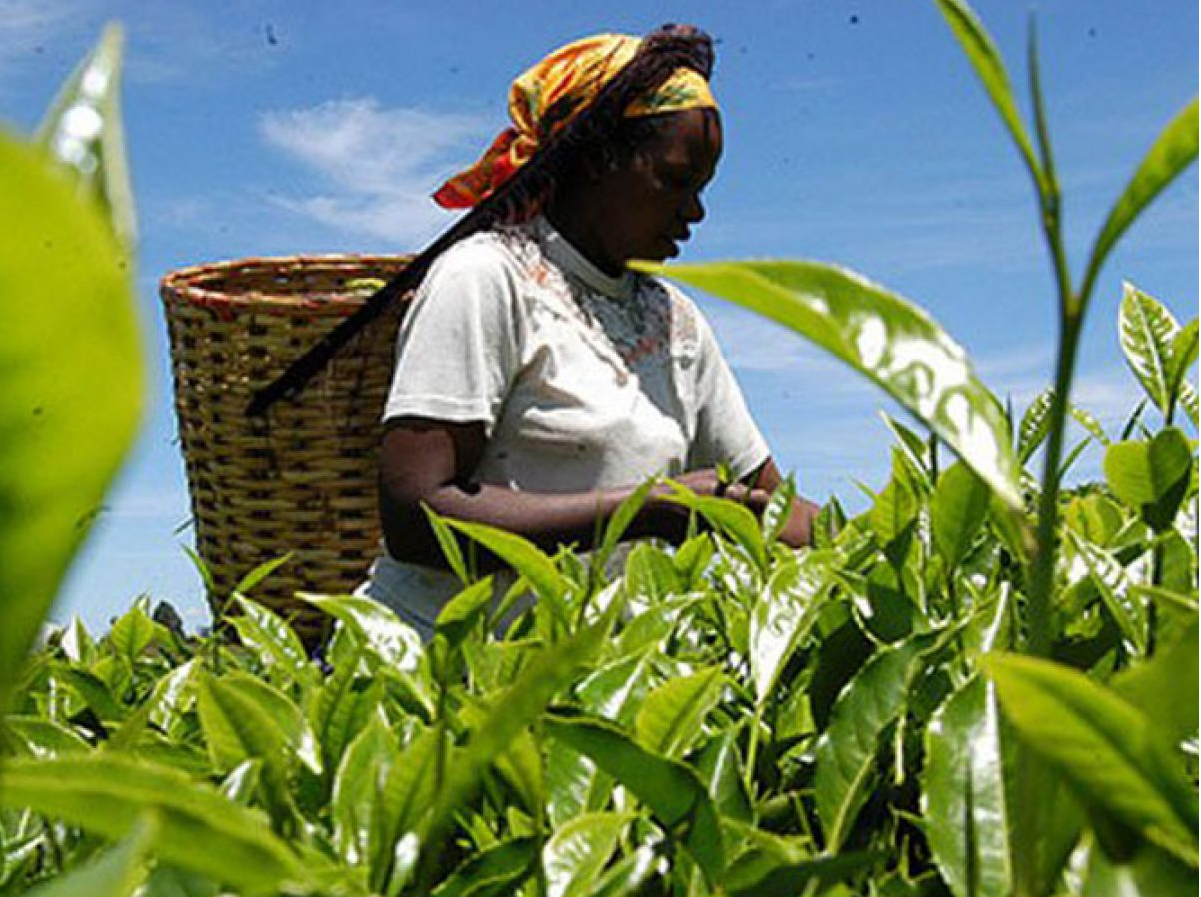Startup studio Impact Africa Network (IAN) has in recent weeks been running a livecast series dubbed ‘Power to Our Women’.
Among guests featured so far are women who made their mark in Silicon Valley. They include Landit founder Lisa Skeete Tatum, AMD Board Director Nora Denzel and author Kathryn Finney. Lauren Hendricks, CEO of the Equity Group Foundation, Equity Group’s philanthropic arm, is slated to appear on an upcoming episode on Friday, November 20.
The livecast series represents only one aspect of IAN’s plan to put women at the center of the startup ecosystem in Kenya.
Impact Africa Network works with aspiring young entrepreneurs on internal projects with the goal of spinning them off into independent start-ups.
It is in these startups that the organization believes women can play key leadership roles to deliver growth and success.

Notably, IAN has been intentional about placing experienced women, well versed with business and tech, within the startups it spins off.
READ ALSO>>>>Startup to Scale Up: How to Get the Best Talent For Your Business
In a conversation with Business Today, IAN Head of Donor Relations Phyllis Mburu stated that the belief in women was central to the culture at the organization, and was shared by everyone including CEO Mark Karake.
She gave the example of Sheryl Sandberg, who joined Facebook as Chief Operating Officer (COO) in 2008 from Google before the social networking giant was profitable.
Sandberg was brought in by Mark Zuckerberg during the early days of Facebook to provide guidance and a path to profitability. At the time, according to Sandberg’s own biography, the team at Facebook was more focused on building a cool website with exciting features, assuming the profits would follow.
Within three years of her arrival, Facebook became profitable and Sandberg later became the first woman to sit on Facebook’s board of directors.
IAN hopes to apply a similar logic to the startup scene in Kenya, beginning with the internal projects it spins off into independent startups.
“What inspired this is a belief that women at a certain age, around 28 to 33, have a lot to offer especially for startups. Because at that point they have experience and technical knowledge but at the same time they are mission driven.
“They come in at a place where its time for the startups to grow and reach various targets,” Mburu noted.
Earlier in 2020, IAN spun off its first independent startup, Jenga School. It provides intensive courses on Data Science and Artificial Intelligence (AI) for qualified candidates.
Mburu revealed that a woman currently serves as Operations Manager for the startup, a clear indication of their commitment to the plan.
The moves are in line with IAN’s 10-10-10 plan; achieving 10 scale-ups in the next ten years and creating 10,000 jobs in the process.
IAN eyes aspiring entrepreneurs fresh from college who receive working space, mentorship and training enabling them to work on internal projects.
The organization maintains a focus on building ‘people-centric’ startups, an idea reflected within IAN. It’s structure includes a senior position dedicated to People Development and Culture.
“Startups are about people, and this is even more important when it is growing. With the right people and culture, a startup will grow much faster,” Mburu explained.
On the current situation for women in Kenya’s startup scene, Mburu noted that it had improved in recent years although a lot more needed to be done.
“We don’t have nearly enough female founders, but it’s improving. We have more women in key positions and more programs for women entrepreneurs to secure funding and opportunities,” she observed.












Leave a comment